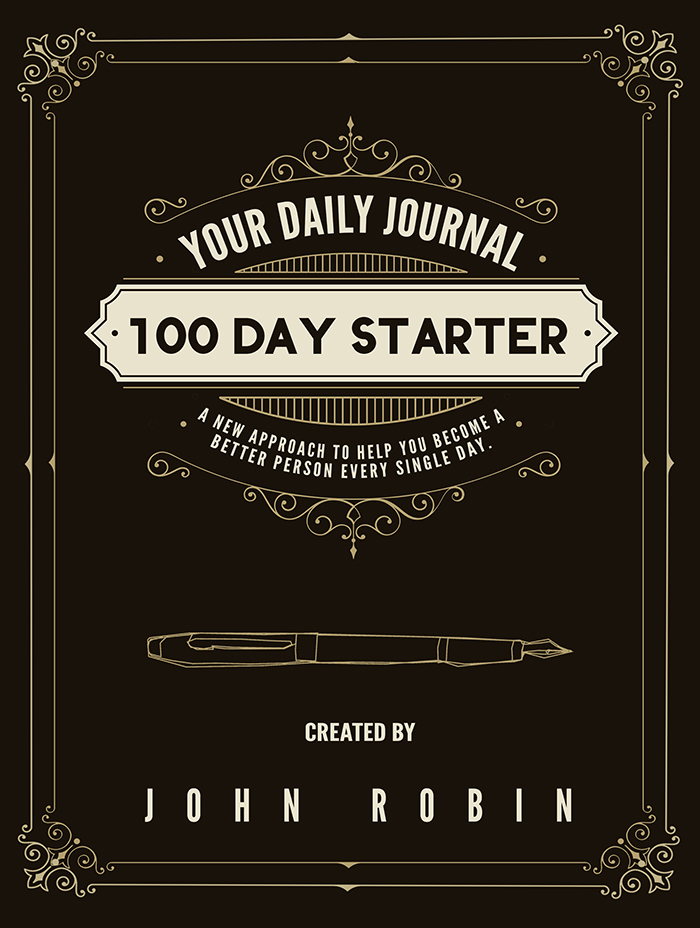 Recently, I had the opportunity to attend a conference call with Dan Blank, through the Author Accelerator program. Dan is a guru on media and author promotion strategies and I’ve enjoyed his excellent posts at Writer Unboxed on effective strategies to connect with readers. One of the comments Dan made which stuck to me the most was that as creative entrepreneurs, we need to focus not on managing our time, but our energy.
Recently, I had the opportunity to attend a conference call with Dan Blank, through the Author Accelerator program. Dan is a guru on media and author promotion strategies and I’ve enjoyed his excellent posts at Writer Unboxed on effective strategies to connect with readers. One of the comments Dan made which stuck to me the most was that as creative entrepreneurs, we need to focus not on managing our time, but our energy.
That idea did not seem counter-intuitive at all. In fact, hearing this unique perspective of Dan’s helped me understand why my new approach to writing has been working so well.
Right now I write Blood Dawn on Saturday and Sunday only, then spend Wednesday revising it. I turn the entire weekend into writing time. I don’t write exclusively, but in my mental space nothing else belongs there–no editing, other projects, or any distractions. I spend time with family and friends, but that’s it. Sacrificing a structured, time-based writing schedule for a much broader intentionality-based writing schedule actually leads to not only more writing getting done on writing days, but, more importantly, it is deeper, richer, and freer. It allows me to set bigger goals for a session. For example, on the weekend I sit down about 5-8 times to write. Often, after the evening TV episode my husband and I watch together, I will stay up with my lamp on in the kitchen and a hot water bottle under my back, and I will write for hours. The scene comes to life, and I add that much more to the narrative, a tiny piece in an enormous puzzle, but a piece where it belongs nonetheless.
I do something similar on Wednesday, except I allot that for revision. Wednesday ends up being a free day, but it is by no means unfocused. Although I write nothing new, I undertake some revisions and restructuring, or plot development exercises that create much-needed scaffolding for the work I do on the weekend. Part of what makes Wednesday special (and why I’ve picked that particular day) is because I make the other days my work days. This means, starting with the weekend, I have two days on immersed in new creation, followed by 2 days off reflecting away from the manuscript while I tackle client editing projects for my business–working my writing tricep instead of the writing bicep. I always hit Wednesday eager and fresh and ready to dig in. I find the revision day is free and immersive, and full of surprises and restructuring decisions that help my manuscript grow, since I’ve had two days away and enough time to form a mental to-do list. Thursday and Friday means more editing, then I hit Saturday ready to create again. This has become for me a cycle as natural as the turning of the sun, allowing for balance in personal life and work while keeping creativity strong. This is an example of managing energy, not time, the unit of measurement being intentionality rather than a stop-watch. It is also similar to how one balances out exercise by targeting different muscle groups and allowing for rest between sets, something which I can relate to as a long-distance runner.
It’s Wednesday today, which means I have changed my gears to revision on Blood Dawn. But Wednesday is much broader than that too. For example, the first Wednesday of the month is when I’d like to do my monthly blog post, which means I’m writing it right now. My manuscript is open and I’ve already addressed most of the revision notes from my editor at Author Accelerator. Soon, I’m going to take my walk to reflect, then look forward to another session later. (I am working on a rather complicated layer of revisions to be carried over three scenes, which means I’m glad I have the whole day to juggle the task, rather than just a narrow butt-in-chair hour.)
We are always developing new methods to do what we do better. Dan’s approach to managing energy instead of time has many applications, and this is mine. How about you? I’d love to hear from other writers who are trying something different from the usual hour-in-chair x-thousand-word approach to writing.
For the curious, you can read Dan’s blog posts on how he manages energy in his creative life by visiting one of the following links:
http://wegrowmedia.com/money-and-time-are-not-your-most-precious-resources-creative-energy-is/
http://wegrowmedia.com/your-life-is-not-tetris-stop-trying-to-shove-more-stuff-into-it/
http://wegrowmedia.com/preparing-for-success-and-finding-more-time-to-write/
http://wegrowmedia.com/finding-maximum-capacity/


I don’t have a process. Each time I get close something happens to interrupt my momentum, like travel or my mother-in-law breaking her hip. I struggle to get back into a routine.
But I’m glad for YOU, John. Sounds like the Author Accelerator program might be instrumental in that peace, too, in that it gives you an external structure.
Hi Jan,
Thanks for stopping by. It is so difficult to establish a routine. I suppose in reflecting on my present progress, it’s worth while to reflect on the context out of which this developed, because it really goes back to 2007 when I hand-wrote my way through a story and forced myself to reach the end. There was no process there, just mad desperation. Over time, process developed. Blood Dawn is my fourth novel-length project. I wouldn’t have had the understanding to approach Blood Dawn the way I am now if I hadn’t written something before it using a rigorous daily method that resulted in something stilted. Nearly 8 years of doing, and in time I became more informed on ways to do it. I’m still doing that, of course.
I think you’re absolutely right about Author Accelerator, though, as with process, insight to incorporate such a program into my method would have been impossible if not for the layers of doing that proceeded this project.
All the best on your forward discoveries, Jan.
Pingback: April 2015: Writing slow and the substance-structure paradox | The story world of John Robin